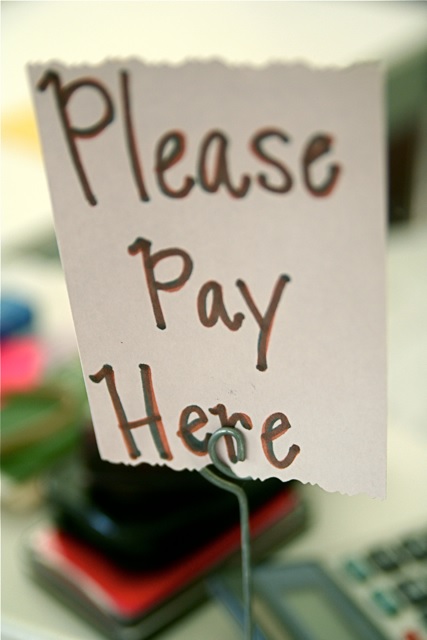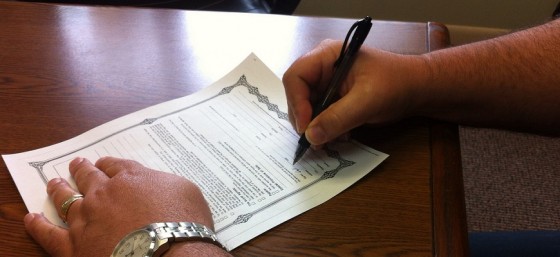The most efficient way I’ve seen to avoid problems in a business contract situation is to set up the relationship between the parties in such a way that each side is forced to perform to get what they want from the other side. Just like a water wheel feeds the machine that keeps the wheel turning, the parties should be compelled to give the other side what they need.
Contract = Relationship Management Document
A contract is a merely a document that outlines a relationship between parties – what each side must do, and what they get in return. Every contract should have a dispute resolution provision that outlines how the parties will resolve problems if they occur. In a perfect world, the parties will never need to resort to this clause.
While a good contract will have a thoughtful dispute resolution clause, a great contract will structure the parties’ relationship in such a way that neither side can fathom breaching it.
Structure the Relationship to Feed Everyone’s Needs
When I begin work on a new contract, I ask my client to paint me a word picture of the people involved and the relationship between them. I try to understand not only what each side is giving and getting, but also their motivations.
One of the obvious potential problems in a contract relationship is that one side will perform their part to the benefit of the other, and the other side doesn’t reciprocate as required in the agreement. This may be situation where one side takes your money and runs, or conversely, you do work for your client and they don’t pay you after they’ve received your work product.
The best way to avoid this situation is to set up the work flow so that each side doesn’t get what they want until the other side has done what they promised to do. For many entrepreneurs who are professional creatives, I recommend that they write their contracts to state that the client won’t receive the final product until their bill has been paid. Likewise, for photographers, I recommend that the contract state that the client won’t see the proofs until they’ve paid for their shoot in full.
Real Life Example
I recently worked with a graphic designer who is a smart entrepreneur with a brilliant contract. I’m creating my first online course and hired her to create the logo. Per our contract, I paid 50% up front and she got to work. She designed me a brilliant logo that fits the course and my personality. She said she’d send the final files when she received the balance.
That email came at the beginning of a week when I wasn’t home where the company checkbook lives. I told her this and she said she didn’t mind waiting until I could send payment. (Did I mention she’s a friend?) I was happy she held her boundaries to make sure she got paid before she sent the final work product. It’s not that I wouldn’t have paid her, but it was the right thing to do as a business owner.
If you choose not to write your contract with these provisions, you may be in a situation where you have go after the other side for payment or performance, possibly hiring a lawyer to write a demand letter, or taking the other side to court. If it’s a relatively low-dollar amount, you may end up in small claims court where you may get a judgment in your favor, but you still need to collect and the amount of time and energy involved to go through the process may make you question whether it was worth it.
This is why a good business lawyer is an investment for your business. They can see the potential pitfalls in your business and help you avoid them and advocate for your rights when necessary. If you need help with writing a contract that fits the needs of your business, you can contact me directly or a social media lawyer in your community. I post about these issues on Twitter, Facebook, YouTube, and LinkedIn. You can also get access to more exclusive content that is available only to people on my mailing list, by subscribing here.





